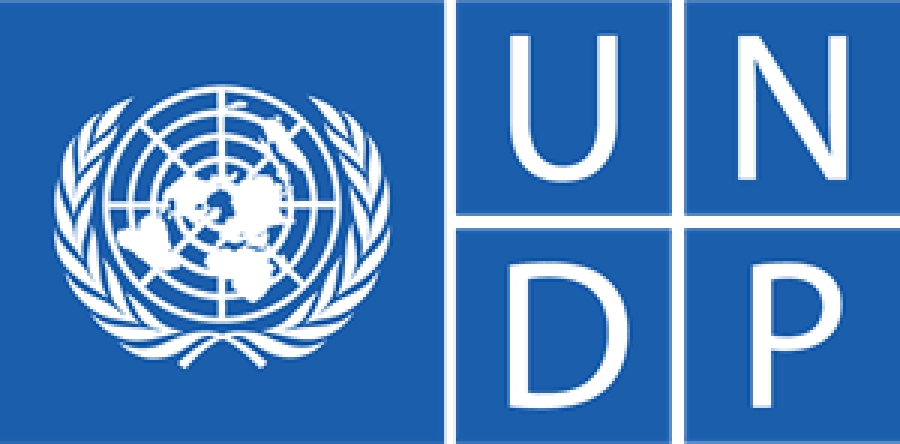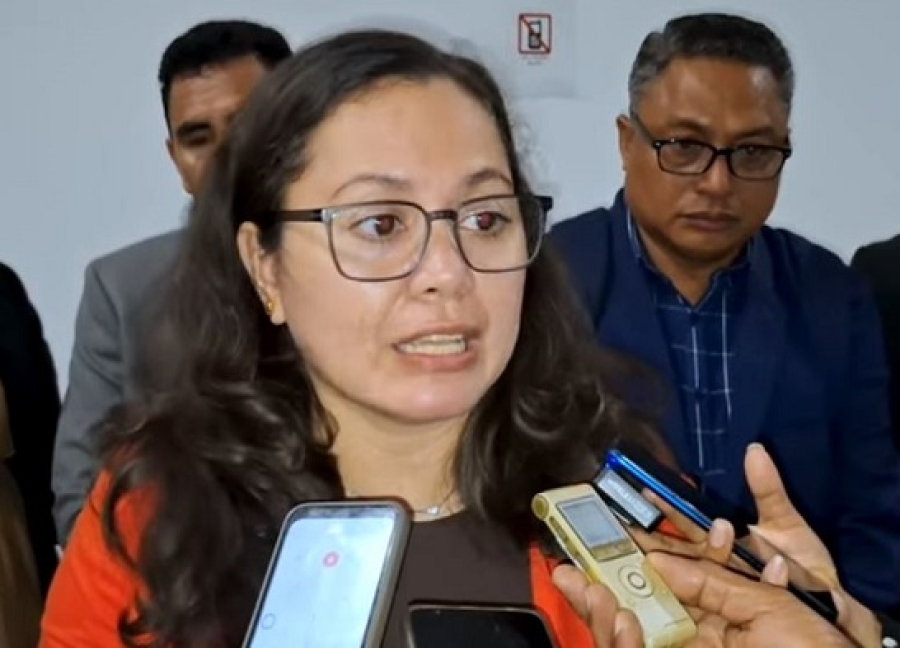According to the United Nations Development Project (UNDP) Timor-Leste, around 187 households in the Estado Village had relied on getting drinking water from a nearby village, due not having their own clean water supply.
“We used to walk 100 kilometres to get water. We leave in the morning and return in the afternoon. But not now anymore,” local resident Abilio Salsinha told UNDP. He believes access to clean water is a human right.
Although Timor-Leste has made much progress in providing access to clean water for its population, around 20 percent of the rural population does not have access to basic water, according to UN data.
The UNDP Timor-Leste in partnership with the Government of Timor-Leste and funding from the Green Climate Fund (GFC) implemented the six-year project “Safeguarding Rural Communities and their Physical Assets from Climate Induced Disasters in Timor-Leste” in 2019.
As part of the US$22.4 million project, 38 new water supply systems are scheduled for construction in six disaster-prone municipalities of Liquicia, Aileu, Ermera, Baucau, Lautem and Viqueque – benefitting around 15% of the population, according to a UNDP statement released at the time.







